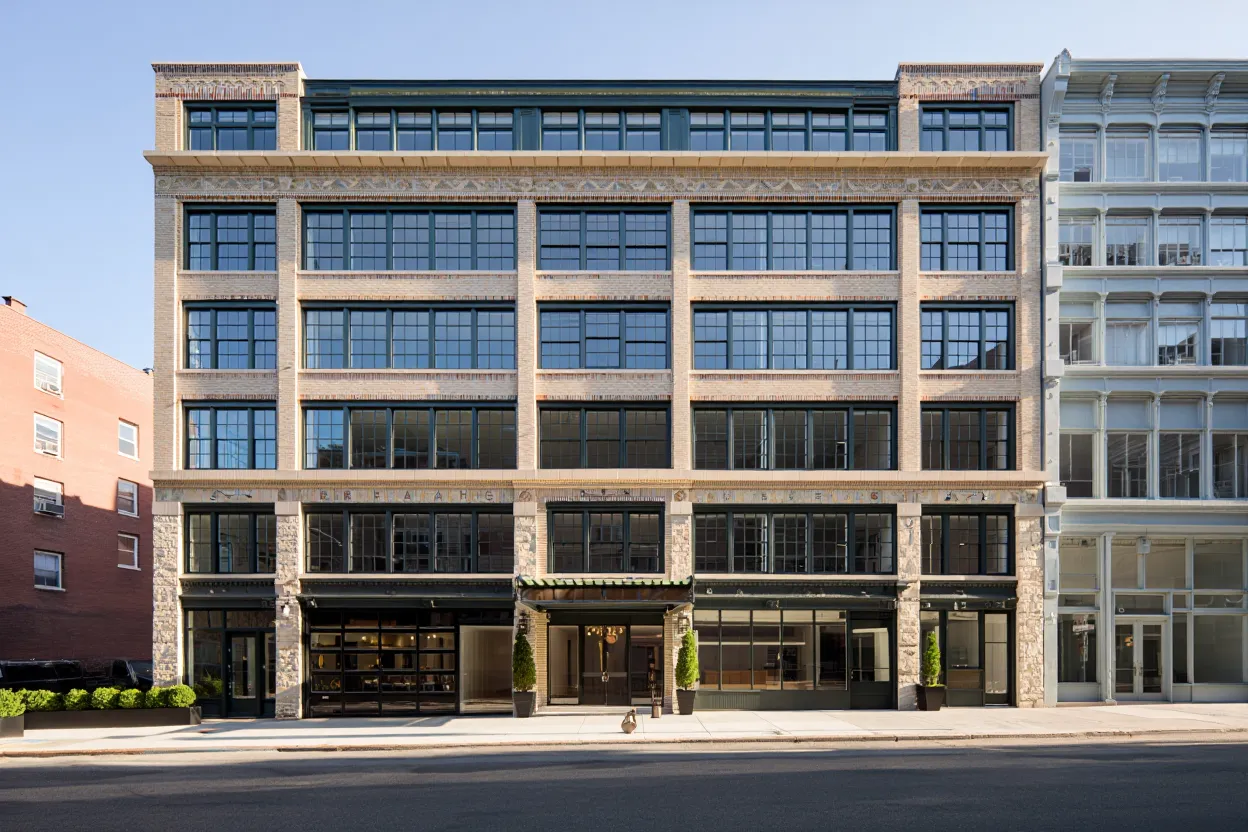- Increased project delays due to financing difficulties and rising construction costs impact developers nationwide.
- Investors are cautious in high-demand cities like Worcester and Boise, as flat rent growth and escalating costs lead to funding challenges.
- Developers seek alternative funding sources and restructuring strategies to adapt to the changing financial landscape.
According to WSJ, apartment construction is running into nationwide delays and financial hurdles due to rising interest rates and funding shortages.
Distressed Projects Delayed
Developers across the U.S., from Worcester to Boise, are dealing with delays and financial hurdles in their apartment construction projects.
The combination of rising interest rates, escalating construction costs, and stagnant rents left many projects unviable. Financing challenges are forcing builders to reevaluate strategies and seek new partnerships to move forward.
In cities like Worcester, where demand for housing surged, multiple projects with thousands of units are on hold due to unfavorable economic conditions. Boise is dealing with the same problems after rents jumped 25% back in 2021, while home prices in the area surged by 79% from 2019–2022.
According to yardi matrix, the average time apartment projects spend from construction authorization to actual groundbreaking is nearly 500 days, up 45% from 2019’s levels.
Financing Struggles, Lending Woes
With banks tightening CRE lending, developers have little choice but to secure more funding. Naturally, investors are adopting a more risk-averse approach amidst changing market dynamics.
It’s hard to blame them. Almost 500K new apartments hit the market in 2023, the highest figure in 40 years. Analysts expect a similar number of units to be delivered this year, meaning the market is actively being flooded with new supply.
But diminished profit margins due to higher interest rates and construction expenses mean that, in many cases, it now makes more sense to wait. This compounding strain has led to project delays and revisions as developers scramble to adapt to the challenging financial landscape.
From California to Florida, developers are also grappling with dwindling options for securing necessary funds. Obtaining loans is a major obstacle, forcing builders to reconsider project viability and make significant adjustments before getting back to work (if at all).
Why It Matters
To salvage stalled projects, developers like Tyler Carr and Galena Opportunity are implementing creative solutions, such as repurposing developments for affordable housing and seeking alternative funding sources.
By adapting their plans and exploring new opportunities, developers aim to navigate the turbulent market and resume construction activities while mitigating financial risks.
















